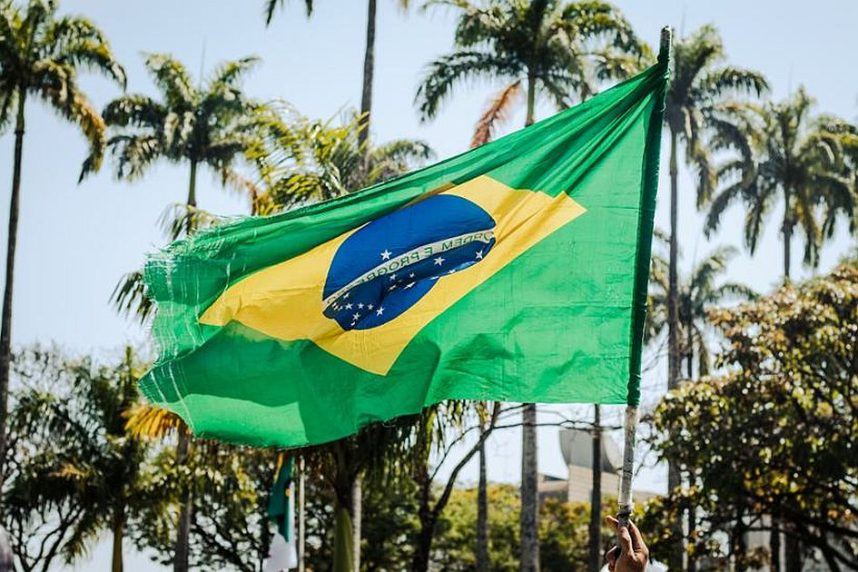Posted on: August 3, 2023, 08:28h.
Last updated on: August 3, 2023, 08:28h.
In a surprising turn of events, Brazil’s final regulations for introducing regulated sports betting have set the tax rate at 18%, causing controversy and negative reactions from lawmakers and industry insiders.

On July 24, a provisional measure to regulate sports betting in Brazil was approved, which will permanently amend the country’s federal gambling framework if it passes Congress’ scrutiny.
Fernando Haddad, the Minister of Finance, who was the primary author of the measure, defends the tax rate as a means to generate investment prospects for Brazil. However, the numerous amendments presented by lawmakers suggest that many disagree with this assessment.
Improvements Needed in Betting Regulations
A total of 240 amendments have been submitted to the National Congress since President Inacio Lula da Silva signed the betting provisional measure. These amendments cover various aspects of the legislation, including stricter advertising controls, reinforced blackout periods for unlicensed operators, and more.
One of the major concerns raised by these amendments is the high tax rate. Many argue that the 18% rate is excessive, and when combined with additional local and social security taxes, the effective tax rate could reach 30%.
Deputy João Bacelar proposes a lower tax rate of 15%, expressing concerns that a higher rate could contribute to the growth of the unregulated market and hinder the potential gains that the government expects from the 18% rate.
Congressman Newton Cardoso has gone further, presenting an amendment to lower the rate to 11%. He criticizes the government’s claim that the rate was based on the UK gaming market, pointing out that the UK tax rate is only 15%.
Voice of the Gaming Operators
The Brazilian Institute of Responsible Gaming (IBJR), a newly-formed trade group consisting of operators like Flutter and Entain, has voiced its opposition to the tax rate. The group believes that the high tax rate imposes a burden on regulated gaming and hampers innovation.
Furthermore, the trade group is requesting an explanation from the Brazilian government regarding the basis for the proposed rates. They are calling for a justification for demanding such a high rate for a new industry that aims to attract operators rather than repel them.
According to the IBJR, the tax rate Brazil is seeking is “at least 350% higher than the UK’s system,” when considering additional tax obligations. They also point out that the license cost in Brazil is five times higher than in the UK, undermining claims that the Brazilian model is based on the UK model.
IBJR President Andre Gelfi warns that Brazil’s high tax rate could be detrimental to the industry, stating, “The Brazilian tax burden will be at least 350% higher than the English one in the manner presented.”
There is hope that Brazil’s lawmakers will take advantage of the 120-day discussion period to find ways to improve the betting environment and address the concerns raised by industry stakeholders.


